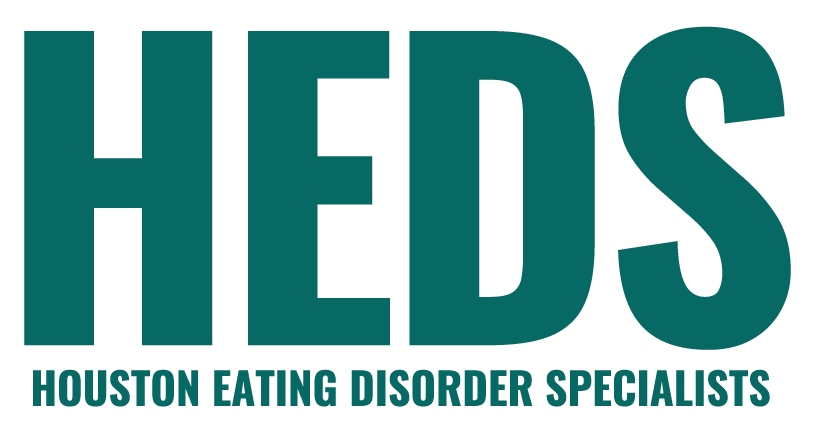Anorexia nervosa is a serious, potentially life-threatening eating disorder characterized by self-starvation and excessive weight loss.
Anorexia Nervosa has four primary symptoms:
- Resistance to maintaining body weight at or above a minimally normal weight for age and height.
- Intense fear of weight gain or being “fat,” even though underweight.
- Disturbance in the experience of body weight or shape, undue influence of weight or shape on self-evaluation, or denial of the seriousness of low body weight.
- Loss of menstrual periods in girls and women post-puberty.
Eating disorders experts have found that prompt intensive treatment significantly improves the chances of recovery. Therefore, it is important to be aware of some of the warning signs of anorexia nervosa.
Warning Signs of Anorexia Nervosa:
- Dramatic weight loss.
- Preoccupation with weight, food, calories, fat grams, and dieting.
- Refusal to eat certain foods, progressing to restrictions against whole categories of food (e.g. no carbohydrates, etc.).
- Frequent comments about feeling “fat” or overweight despite weight loss.
- Anxiety about gaining weight or being “fat.”
- Denial of hunger
- Development of food rituals (e.g. eating foods in certain orders, excessive chewing, rearranging food on a plate).
- Consistent excuses to avoid mealtimes or situations involving food.
- Excessive, rigid exercise regimen–despite weather, fatigue, illness, or injury, the need to “burn off” calories taken in.
- Withdrawal from usual friends and activities.
- In general, behaviors and attitudes indicating that weight loss, dieting, and control of food are becoming primary concerns.
Health Consequences of Anorexia Nervosa:
Anorexia nervosa involves self-starvation. The body is denied the essential nutrients it needs to function normally, so it is forced to slow down all of its processes to conserve energy. This “slowing down” can have serious medical consequences:
- Abnormally slow heart rate and low blood pressure, which mean that the heart muscle is changing. The risk for heart failure rises as heart rate and blood pressure levels sink lower and lower.
- Reduction of bone density (osteoporosis), which results in dry, brittle bones.
- Muscle loss and weakness.
- Severe dehydration, which can result in kidney failure.
- Fainting, fatigue, and overall weakness.
- Dry hair and skin, hair loss is common.
- Growth of a downy layer of hair called lanugo all over the body, including the face, in an effort to keep the body warm.
About Anorexia Nervosa:
- Approximately 90-95% of anorexia nervosa sufferers are girls and women (American Psychiatric Association, 1994).
- Between 0.5–1% of American women suffer from anorexia nervosa.
- Anorexia nervosa is one of the most common psychiatric diagnoses in young women (Hsu, 1996).
- Between 5-20% of individuals struggling with anorexia nervosa will die. The probabilities of death increases within that range depending on the length of the condition (Zerbe, 1995).
- Anorexia nervosa has one of the highest death rates of any mental health condition.
- Anorexia nervosa typically appears in early to mid-adolescence.
References:
- American Psychiatric Association (1994). Diagnostic and Statistical Manual for Mental Disorders, 4th ed. APA: Washington D.C.
- Epidemiology of the Eating Disorders. Psychiatric Clinics of North America, 19(4), 681-697.
- Zerbe, K.J. (1995). The Body Betrayed. Carlsbad, CA: Gürze Books.
- Sullivan, P.F. (1995). Mortality in Anorexia Nervosa. American Journal of Psychiatry, 152, 1073-1074.
© 2005 National Eating Disorders Association. Permission is granted to copy and reprint materials for educational purposes only. National Eating Disorders Association must be cited and web address listed. www.NationalEatingDisorders.org
